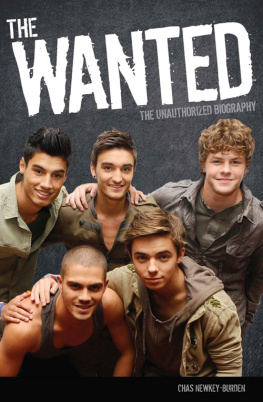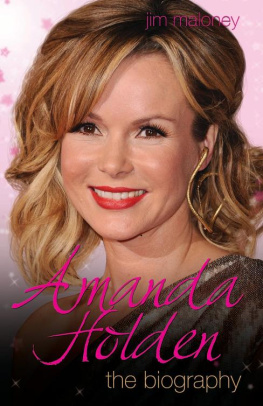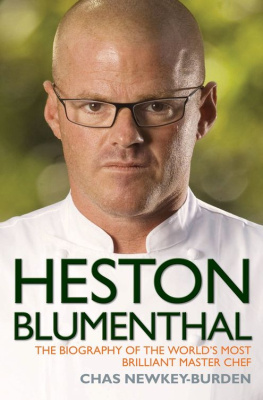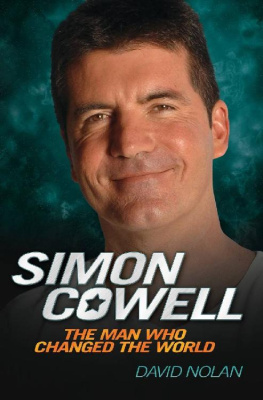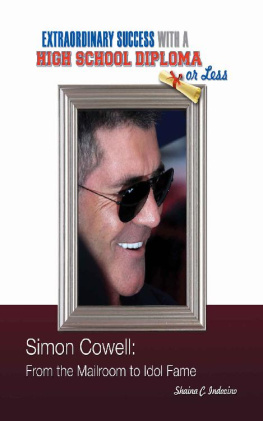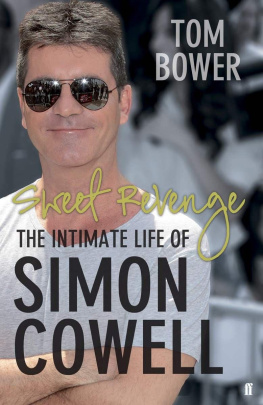Cowell is best known for his shows The X Factor , America's Got Talent , and Britain's Got Talent . But his popularity doesn't stop there. He is also known worldwide for being an offensive (and sometimes rude) judge when giving feedback to contestants in his shows. Comparing a contestant to a whipped dog? Not very nice.
Nevertheless, there's more to being offensive than meets they eye. Cowell has given contestants worldwide to show their talents to the world and has helped dozens of artists reach stardom. So behind every insult, there was a meaning. Behind every offense, there was a purpose.
Let's take a closer look at this guy everyone seems to keep talking about.
Early Life
Simon Phillip C owell was born in Lambeth, one of the southern boroughs of London , on October 7 1959 to father Eric Philip Cowell, who was a real-estate agent developer and a music industry executive at EMI Music Publishing , and to mother Julie Brett, who was a former ballet dancer. In his very early years, Cowell attended Radlett Preparatory School and then moved to Dover College, the latter to which he dro pped from at the age of 16.
As a kid, Cowell was very, very naughty, he states. He said that anything that would involve getting into trouble, he would do. He not only told his younger brother Nicholas (who was 3 years old at the time) that Father Christmas didn't exist, but that he would prove it to him. What Cowell devised is gently hanging pans to the front door of the house so that if Father Christmas comes in and delivers presents, they would hear the pans fall and wake up to meet him. Of course this never happened, and Cowell proved to his brother it was their dad that put all the presents under the Christmas tree.
But being naughty didnt stop there.
Before Simon and Nicholas went to bed that night, they went upstairs, found the Santa Claus dress, and burned it, almost burning their house in the process.
Being a troublemaker was not confined to his home. Cowell was also a troublemaker in school: he was expelled from two schools and was caught in a pub when he was 15 while in boarding school.
At 17, Cowell dated Paula Hamilton, an English super model, who many years later announced that she had lost her virginity to him when she was 16 . The lovers broke up shortly after.
With no place for him after being kicked out of a few schools and then dropping out from another , Cowell eventually landed a job at his father's company, EMI Records , in the mailroom, where he became a post - boy . He was happy with it, and didnt think of it as a demeaning job. He was happy to have a job at that age and happy to be getting a source of income for himself. In 1979, at the age of 19, Cowell was given a job as an assistant to an artists-and-repertoire executive, also in EMI Music Publishing. Over the next few month s , Cowell excelled in his job and (perhaps too early) demonstrated his entrepreneurial skills, to which he was promoted as a talent scour for the record company.
But in the early 1980s, he left the company altogether and, with his manager in EMI Music Publishing, Ellis Rich, formed his own record label E&S Music (E for Ellis and S for Simon). The company was a successful one and had several records becoming big hits, five of those (singles) in the UK top 40 . But by mutual agreement between Cowell and Ellis, Cowell left the company.
In 1985, Cowell formed another record label Fanfare records with a partner and they rapidly developed it so that in the next few y ears it had many "top ten" hits. One day in a pub, Cowell met Sinitta and asked her what she does for a living. Sinitta said that she is a singer and he then sat her on his lap and told her if she was a singer, then he wants her to sing him a song.
Interested in Sinitta and her voice, Cowell took her career a further step and Sinitta's single So Macho sold up to half a million copies and her debut album Rondo Veneziano sold more than 500,000 copies.
Cowell and Sinitta dated soon after.
Despite the big and quick success of Fanfare records , Cowell's luck and success ran out, and the company became indebted. It collapsed and was eventually foreclosed . Cowell was indebted an amount of roughly 350,000 and was therefore forced to sell his car and house as collat eral, and was left with nothing, l iterally.
A thirty year-old Cowell was forced to turn up at his mom and dad 's door with only 5 .
Career
"I don't mean to be rude, but" If you aren't aware of who says this phrase, then you couldnt have possible watched one episode of Pop Idol , American Idol , or The X Factor . This "I dont mean to be rude, but" is the trademark sentence of Cowell, and tells it to singers whom he is just about to vigorously offend. So if you ever hear him saying this sentence, know what's coming.
But how did Cowell become one of the most successful critics when he had absolutely nothing to start with? Well, for one, his notoriety, offensive honesty, and brutal judgment were one of the reasons. The second was how he moved from being a critic to being a founder of his own shows.
Pop I dol and American Idol (2001-02)
The first jump that moved Cowell from being broke with 5 to standing back on his feet happened in 2001 when he was given a job as a judge on Pop Idol . In the show, Cowell not only criticized (in an offensive way) the voice and talent of the contestants, but also their physical attributes and personality. You can Youtube some of his videos to grasp the full blast of how his offensive honesty has on some contestants.
But whether it's a positive or negative feat for a music critic, in almost every version of World Idol programs worldwide, there seems to be some critic attempting to put on the Simon-Cowell-offensive-remarks personality. It has actually went so far to the extent that it seems as if all those types of programs must have one of its judges giving remarks like Cowell's.
In 2002, the American version of Pop Idol named American Idol debuted with Cowell being one of three judge, alongside Paula Abdul and Randy Jackson, the former which Cowell had dated soon after. Several pop stars were made from American Idol including Kelly Clarkson in 2002, Clay Aiken in 2003, Jennifer Hudson in 2004, Taylor Hicks in 2006, and David Archuleta in 2008.
In 2006, Cowell signed a five-year contract earning him an amount of million (US$ million) per season to remain as a judge on American Idol . And o n January 2010, Cowell made an official leave from American Idol .
The X Factor (2004)
The year 2004 was one of those giant leaps for Cowell's future. In it, he became a judge on the first series of The X Factor . This was a British television music- competition show Cowell had created usng his production company, Syco. The X Factor became a big success and became a giant stepping stone for Cowell.
For instance, one of the winners in the show in its third series was Leona Lewis. Heard of her? Well, suffice it to say that after winning in the show, Cowell signed her to Syco, and ever since her singles and albums jumped to number one spot. So as it goes: You win in The X Factor , you win yourself a prosperous career.
Let us take a small sojourn in The X Factor 's 4 th season. Besides Cowell and Louis Walsh, who was one of the judges of the show since the first series, as judges, a new beautiful judge was hired: Dannii Minogue. Dannii Minogue is a striking-looking judge and she grabbed Cowell's attention.



